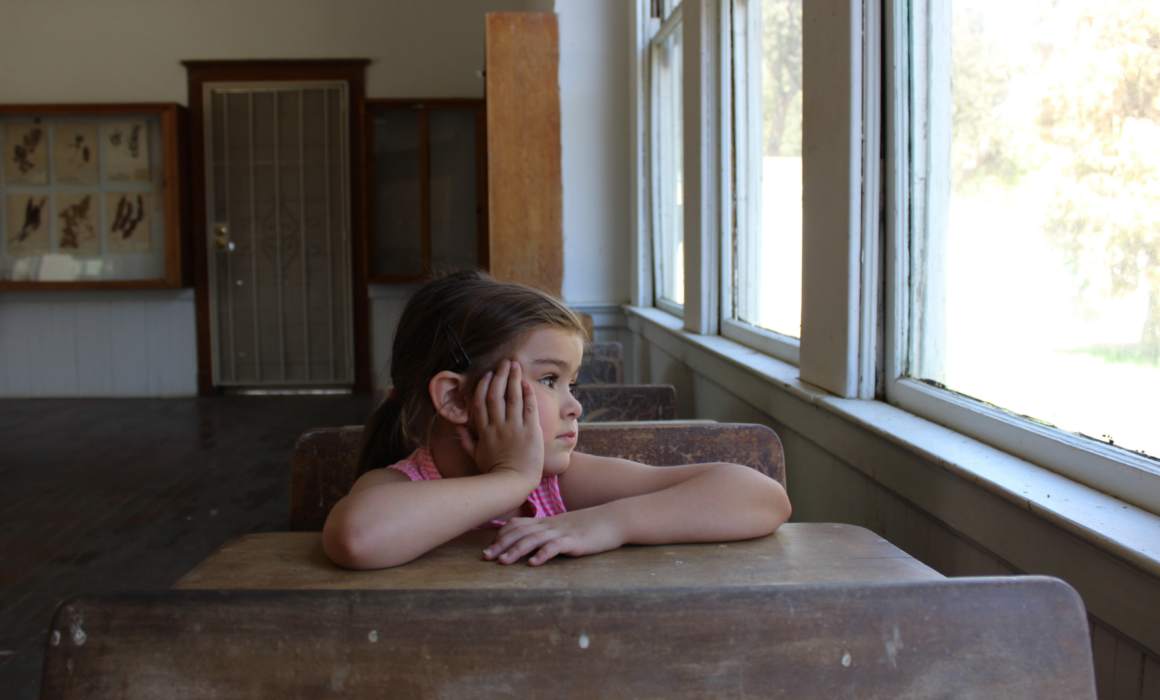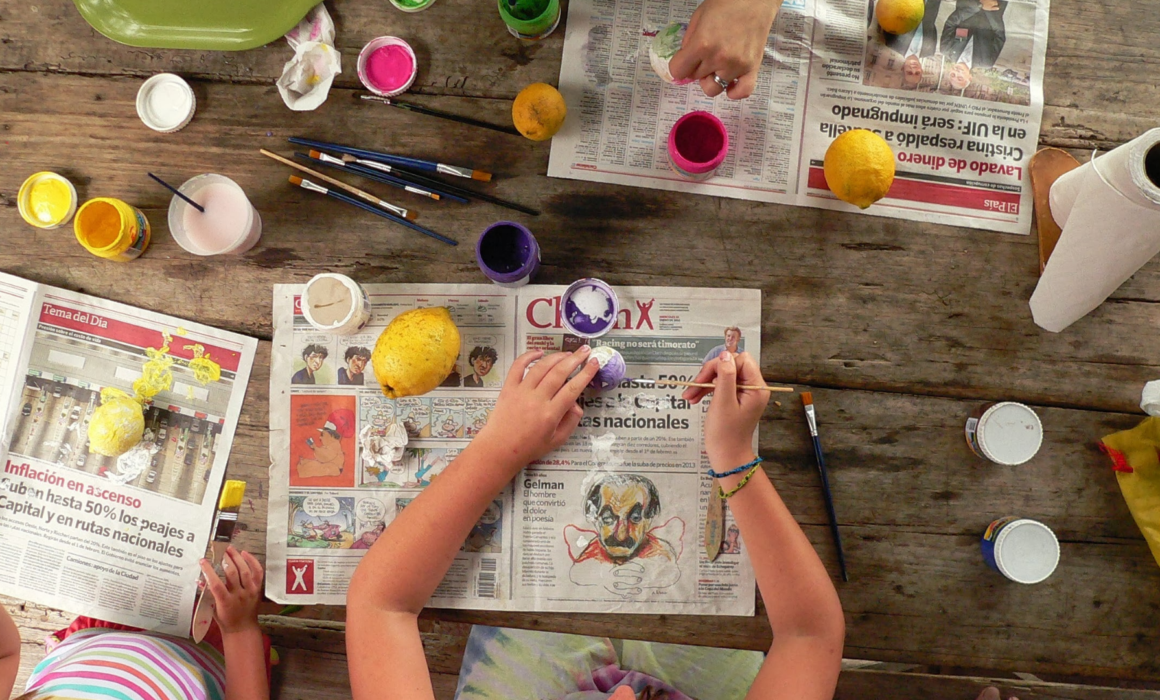Grief According to Developmental Age for Young Children
Death and loss are not things that we talk about openly as a society, so when we (as adults) are faced with loss we feel confused and overwhelmed. If the adults are sad and confused children are too. Here are some quick tips about how grief works at different ages to (hopefully) help you as you parent during a time of profound loss. It may be helpful for you to read the age/stage right above and/or below your child’s age because there is overlap in behaviors, especially when a child has significant regression. We are so sorry for your loss. Please reach out if we can help in any way.
Babies and Toddlers (0-2 years)
“Children are great observers and horrible interpreters.”
– Terry Kottman
Even very young babies know when their caregivers are grieving because they regulate their body and brain to their grown-up. People often say things like, “Oh, she’s so little. She won’t remember.” She likely won’t remember but she will still be affected so here are some tips if you have a baby or toddler in your home while you are grieving.
-Connection is everything. Make sure your little one has plenty of skin to skin, nursing, baths and naps with you. It’s okay to express your emotions around your little ones just make sure they have lots of verbal and physical reassurance, “Mommy is sad right now. Sad isok. Sad isn’t forever. I love you. You are safe.”
-Try to keep your child as warm as possible. Warm= safe for little ones.
-Recognize that they may regress (having trouble self-soothing, talking, etc.)
This is normal as long as it doesn’t last too long. Consult your PCP if you are concerned about your child.For remembrance: Keep photos of the person your child has lost on their eye level so they can continue to connect with them.

Preschoolers (3-4 years)
A lot of what was explained for babies and toddlers will hold true for preschoolers, so please read above. Preschoolers will struggle with the permanence of the loss. It is normal for them to ask things like when their loved one is going to come back from Heaven or Is it time for Daddy to move back home yet, even when they can articulate everything you told them about the loss and it seems like they understand. They understand enough to repeat the facts back to you but reality doesn’t make sense to them yet. Try to give concise, consistent answers. You may feel like a broken record but the repetition helps your preschooler make sense out of his world. For remembrance: Give a blanket that once belonged to your person who has died to your child to help them feel close to the one they miss and this will help to keep them warm. Or make a blanket together with photos of your person on it for your child. If your child continues to ask these questions consistently and isn’t able to make sense out of them after the rest of your family seems to have moved toward acceptance, it may be time to seek play therapy for your child.

Early Elementary (5-8 years)
Around age 5 or 6 children begin to understand the concept of death both that it is permanent and that it happens to everyone, it will even happen to them. This is often very frightening. Speak to them simply but honestly about death. If you have a faith tradition you may want to meet with your spiritual leader about how to explain death and the afterlife to children. If you don’t have a faith tradition be true to your own beliefs and values with your child but try to explain it as simply as possible. Your child may feel a sense of responsibility or guilt for this loss. Reassure them that they did not cause their person to die or for Mom to move out, etc. Your child may need therapy to release their feelings of guilt. For remembrance: Your child will have their own important memories of their person. Help them put together a photo album that they can keep in their room. They may choose photos that you wouldn’t choose like photos from the funeral or of their loved one’s gravestone. It is ok to let them keep these. If your child seems to be stuck in fear or overly fixated on morbid things for an extended period of time, it maybe time to seek play therapy.











